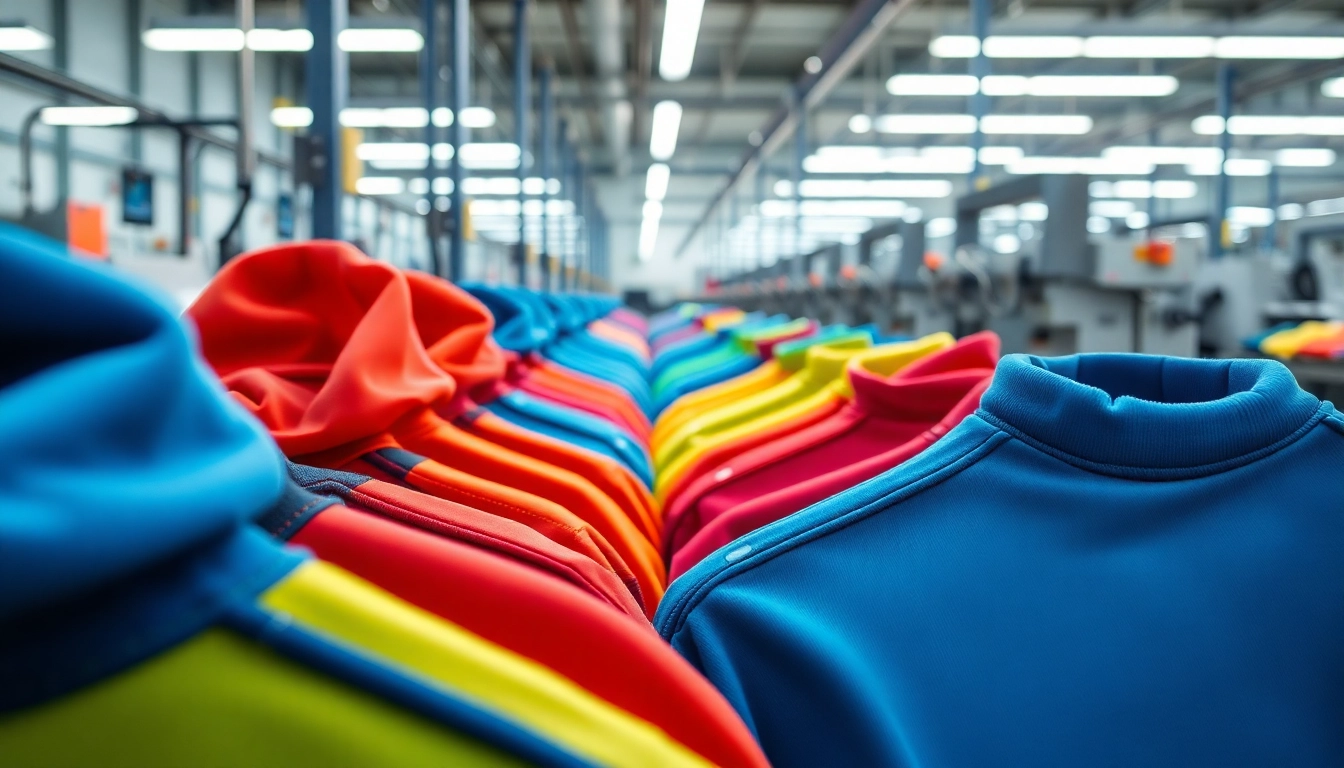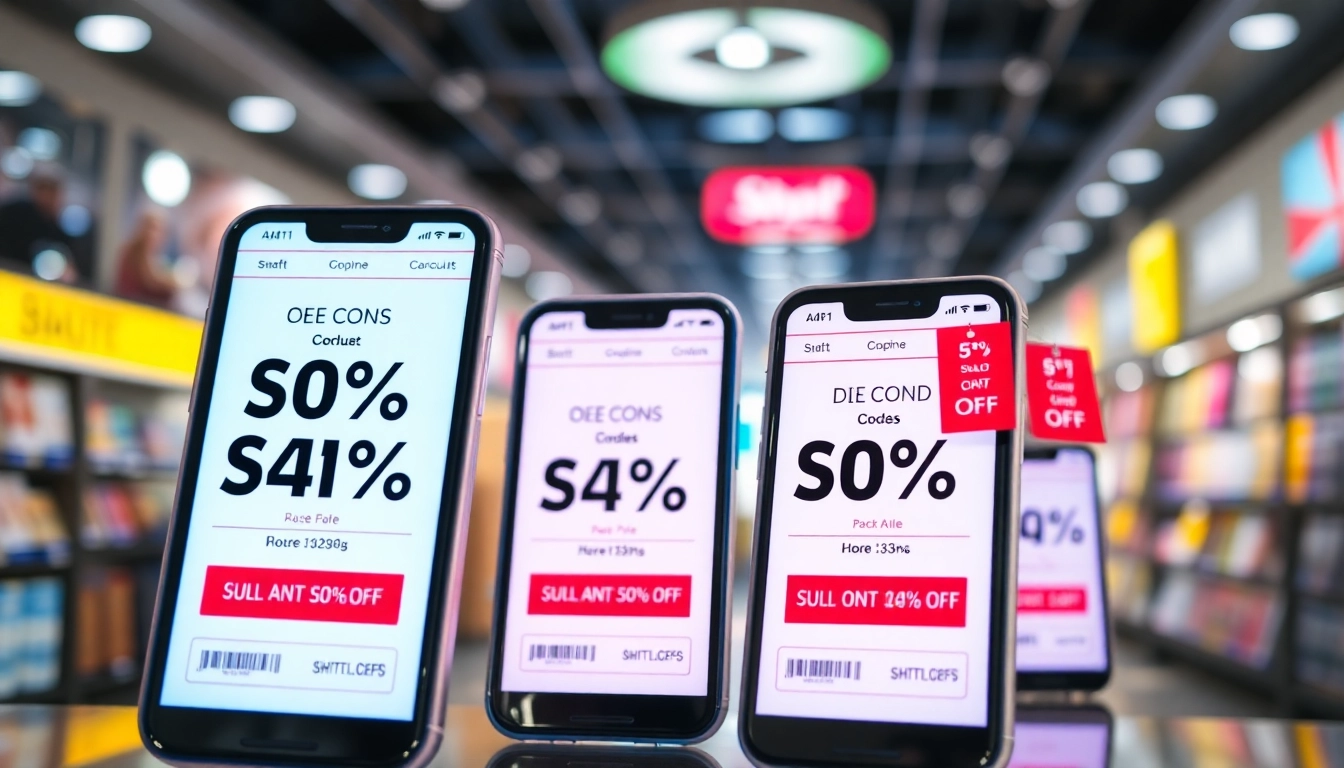Unlocking Excellence: The Role of Pakistan’s Leading Clothing Manufacturers in Elevating Custom Sportswear Brands
Pakistan has emerged as a global hub for high-quality apparel manufacturing, driven by advanced technology, skilled craftsmanship, and a commitment to innovation. Among the key sectors thriving within this industry is custom sportswear manufacturing, which caters to brands seeking tailored, performance-oriented, and stylish athletic apparel. For businesses looking to partner with reliable providers, understanding the landscape of Clothing Manufacturers in Pakistan is essential to navigating quality, cost-efficiency, and sustainability. This article offers an in-depth exploration of how Pakistan’s top manufacturers support brand growth through customized production, cutting-edge technologies, and strategic partnerships.
Pakistan’s Apparel Industry: A Global Powerhouse in Custom Sportswear
Significance of Pakistan’s Apparel Industry in Global Markets
Pakistan has established itself as a prominent player in the global apparel supply chain, with its robust manufacturing ecosystem producing millions of garments annually. The country’s strategic geographic location, combined with affordable labor costs and high-tech facilities, enables brands worldwide to access premium-quality apparel at competitive prices. Notably, the rise of specialized sportswear factories—particularly in Sialkot, Lahore, and Karachi—has anticipated the global demand for performance wear, activewear, and athleisure products. These manufacturers focus on fast turnaround times, superior craftsmanship, and flexible order quantities, making Pakistan a favorable destination for startups and established brands seeking private label solutions.
Key Trends in Custom Sportswear Manufacturing
- Premium Customization: Modern brands prioritize unique designs, fabric innovations, and branding techniques like sublimation printing and custom embroidery to stand out.
- Sustainability: Eco-friendly practices, including recyclable textiles, water-saving dyeing processes, and waste reduction, are critical attracting environmentally conscious consumers.
- Small Batch and Low MOQ Orders: Leading manufacturers now accommodate low minimum order quantities (often as low as 50 pieces per style), empowering startups and niche brands.
- Technological Integration: Advanced machinery—including laser cutting, automated sewing, and digital printing—ensures precision, efficiency, and high-quality output.
How Leading Clothing Manufacturers Support Brand Growth
Private Label and Custom Clothing Production Processes
One of the core strengths of Pakistan-based manufacturers is their ability to offer comprehensive private label services. From initial design conceptualization to final packaging, these factories handle entire production cycles, ensuring consistency and quality. They enable brands to build a distinct identity through custom labels, tags, and packaging, all while maintaining control over design elements and branding details. This end-to-end approach simplifies supply chains, reduces lead times, and helps brands accelerate market entry.
Advanced Technologies in Cut & Sew, Sublimation, and Embroidery
Technological mastery sets Pakistan’s manufacturers apart. Cutting-edge equipment such as laser park systems provide precise ornamentation, while digital sublimation printers produce vibrant, all-over prints that enhance aesthetic appeal. Custom embroidery services add texture and durability for logos and branding elements. For example, in-house digitizing ensures high-fidelity embroidery, giving brands the ability to realize intricate designs cost-effectively. The integration of these processes under one roof fosters rapid prototyping, low MOQ experimentation, and seamless production flows that support brand innovation.
Fabric Selection and Sustainability Practices
Manufacturers collaborate closely with brands to select fabrics best suited for performance, durability, and sustainability. Leading companies stock a diverse range of textiles— polyester, nylon, spandex, recycled fabrics—tailored for activewear applications. Simultaneously, they adopt eco-friendly practices such as water-efficient dyeing, organic textiles, and waste recycling to align with global sustainability standards. This commitment not only appeals to eco-conscious consumers but also adheres to international regulatory compliance, opening wider markets.
Choosing the Right Clothing Manufacturer for Your Brand
Factors to Consider: MOQ, Lead Time, Quality Standards
Selecting a manufacturing partner requires a strategic approach. Brands should evaluate the minimum order quantity (MOQ) requirements—top manufacturers in Pakistan often offer low MOQs to accommodate startups. Lead times are equally crucial; efficient factories leverage automation and streamlined logistics to ensure timely delivery. Quality standards, including fabric integrity, stitch precision, and print fidelity, must align with brand expectations. Checking certifications like ISO, SA8000, or OEKO-TEX can verify compliance.
Private Label Options and Customization Flexibility
A key advantage of partnering with Pakistani manufacturers is their flexibility in customization. Besides private labels, brands can customize fabric blends, colors, trims, and technical features such as moisture-wicking or UV protection. Some manufacturers even provide in-house R&D support for fabric development, enabling brands to develop exclusive textiles that set their collections apart from competitors.
Cost Efficiency and Competitive Pricing Strategies
Pakistan’s manufacturing ecosystem supports aggressive pricing without compromising quality. Bulk production benefits from economies of scale, while small batch options keep entry costs low for new brands. Manufacturers often provide tiered pricing models, discounts on large orders, and incentives for repeat business. Cost transparency, combined with value-added services like in-house printing, ensures brands maximize return on investment.
Partnering for Success: Strategies to Collaborate with Pakistan’s Top Clothing Manufacturers
Step-by-Step Guide to Initiating a Partnership
- Market Research: Identify manufacturers specializing in your niche—sportswear, activewear, or promotional clothing—and review their portfolios and client testimonials.
- Request Samples: Obtain sample garments to assess quality, craftsmanship, and finishing standards.
- Communicate Design & Specifications: Share detailed tech packs, fabric preferences, and branding requirements.
- Negotiate Terms: Discuss MOQ, lead times, pricing, and payment terms; clarify policies on revisions and quality assurance.
- Order Prototype & Testing: Pilot smaller orders to evaluate manufacturing consistency and delivery timelines.
Design Collaboration, Sampling, and Final Production
Successful partnerships revolve around robust communication. Design samples serve as prototypes, incorporating client feedback to refine fit, color, and branding elements. Once approved, manufacturers progress to mass production, utilizing advanced machinery for high precision and minimal wastage. This iterative process ensures the final product mirrors the original vision with optimal quality.
Ensuring Timely Delivery and Quality Assurance
Reliable shipping schedules and stringent quality checks underpin manufacturing success. Leading factories employ quality management systems, including inline inspections and final audits, reducing defect rates. Transparent tracking and prompt communication ensure on-time delivery, reinforcing brand reputation in a competitive marketplace.
Market Opportunities & Future Outlook for Pakistan’s Sportswear Manufacturing Sector
Case Studies of Leading Brands Partnering with Pakistani Manufacturers
Numerous international brands have benefitted from Pakistan’s manufacturing excellence. For instance, emerging startups and established sportswear lines utilize local factories for custom uniforms, athleisure collections, and promotional gear, leveraging low MOQs and rapid turnaround times. These collaborations highlight the capacity of Pakistani manufacturers to meet high-volume demands while maintaining premium quality standards.
Emerging Markets and Niche Opportunities
The future of Pakistan’s sportswear manufacturing lies in niche markets such as eco-friendly athletic apparel, smart textiles integrated with wearable technology, and youth-targeted athleisure. With increasing consumer demand for innovative and sustainable products, manufacturers who adopt these trends can capitalize on untapped segments and diversify their offerings.
Future Outlook for Clothing Manufacturers in Pakistan
Advancements in automation, digitalization, and sustainable practices position Pakistan as a sustainable manufacturing hub capable of meeting global demands. The country’s manufacturers are expected to expand their global footprint by enhancing quality standards, adopting Industry 4.0 technologies, and securing international certifications. These developments will further bolster Pakistan’s reputation as a reliable partner for private label sportswear and custom clothing solutions worldwide.




